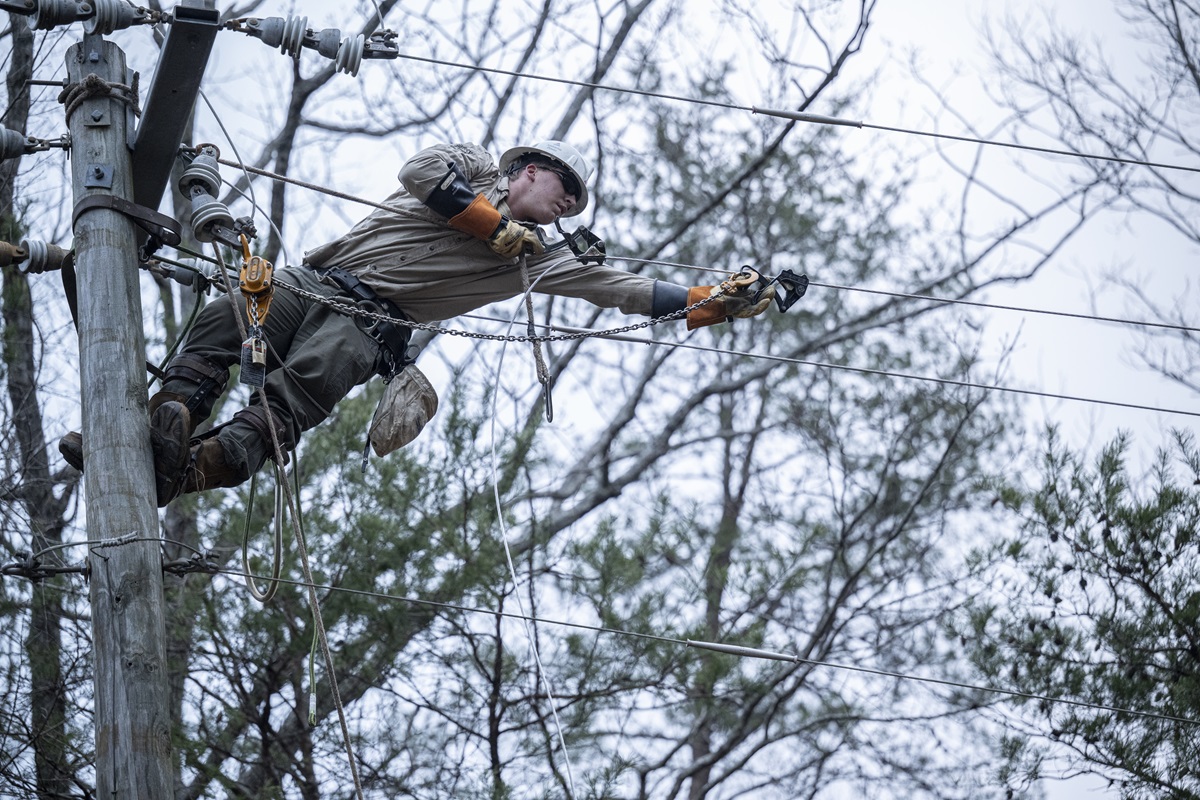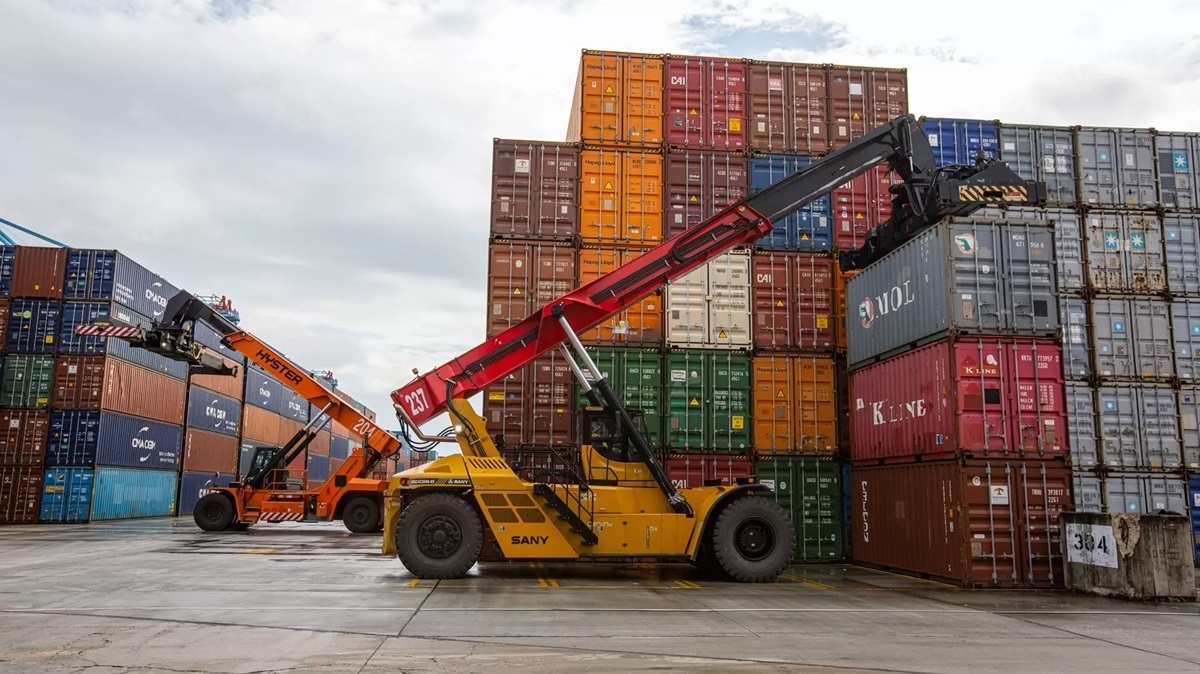Kiwi: A new Alabama-grown fruit

Golden Sunshine kiwi require fewer chilling hours than green kiwi and are being successfully grown in Reeltown. (contributed)
There’s a new fruit favorite to go along with locally grown apples, pears and other autumn-ripening favorites: Alabama-grown kiwis.
These egg-shaped fruit packed with flavor and nutrition are native to China, where they have been revered and cultivated for centuries. Kiwi gained its current name and an international fan base after growers in New Zealand successfully commercialized and marketed the crop. Large-scale production soon expanded to other countries, including Chile, Italy and the U.S., primarily in California, which established a thriving kiwi industry in the 1980s.
About that same time, Auburn University horticulture professor and small fruit expert Billy Dozier saw potential in Alabama for this semi-tropical fruit. Working with Alabama Agricultural Experiment Station researchers across the state to evaluate kiwi varieties and their cultivation requirements in southeastern growing conditions, Dozier identified one of the biggest challenges for production in Alabama: the winter. Or, rather, the lack of winter.
RELATED: Farm near Lake Martin only place in US growing Golden Sunshine kiwi
The Chilton Research and Extension Center in Clanton has been the hub of Auburn’s kiwi research for years. Director Matthew Price said to properly set the fruit, it must be exposed to temperatures below 45 degrees for a specific number of hours each year, which can be a challenge in mild-wintered Alabama.
Dozier and his team addressed the weather issue as they developed new varieties of kiwi designed to thrive in Alabama. To date, Auburn has released five patented cultivars, including one of the fuzzy-coated, green-fleshed, sweet/tart-tasting kiwi that Alabamians have grown to love. The researchers have also developed several smooth-skinned, yellow-fleshed, tropically flavored (think pineapple/mango) golden kiwi cultivars, which possess a special quality.
“Golden kiwi fruit require 750-850 chilling hours, depending upon the variety, whereas most green kiwifruit varieties require over 1,000,” Price said.
It took three decades, but in 2014 Dozier’s vision took root. Former Dozier student Clint Wall and his wife, Jenny, began planting AU Golden Sunshine kiwi at Alabama’s first commercial-scale operation, Southeast Kiwi Farming Cooperative in Reeltown. The orchard now is home to more than 40,000 vines that are producing enough fruit to supply select grocery stores in Alabama and beyond, a market that holds promise for expansion.
Kiwis are a promising crop for gardeners, though growing the fruit requires effort – and at least two plants. Why two? Because kiwi are dioecious (male and female flowers are produced on separate plants), so at least one plant of both genders (or up to four females for each male) are needed for pollination.
“On top of that, care must be taken to ensure that the vines bloom within the same time period,” Price said. “If they don’t, there will be no pollination, which means no kiwifruit.”
Kiwis have a lot to offer, but also require a lot from growers. The fruit needs well-drained soils, trellises to support the heavy vines, significant amounts of water and fertilizer, and extra protection from spring freezes and pests.
“Kiwifruit is a labor-intensive crop,” Price said, “but for a home gardener with just a few vines, it is very doable. Kiwifruit are packed with so much flavor and nutrition, it’s worth the time and effort to grow your own.”
Kiwis grown in Alabama can be found at area grocers and farmers markets. The Chilton REC welcomes visitors and is open most weekdays. (Call ahead at 205-646-3610 to check hours or schedule an appointment.)
Information on growing kiwis is available through local Alabama Cooperative Extension System offices, from Petals from the Past nursery in Jemison (205-646-0069) and from other reputable kiwi plant suppliers.
This story originally appeared in Alabama Living magazine.










